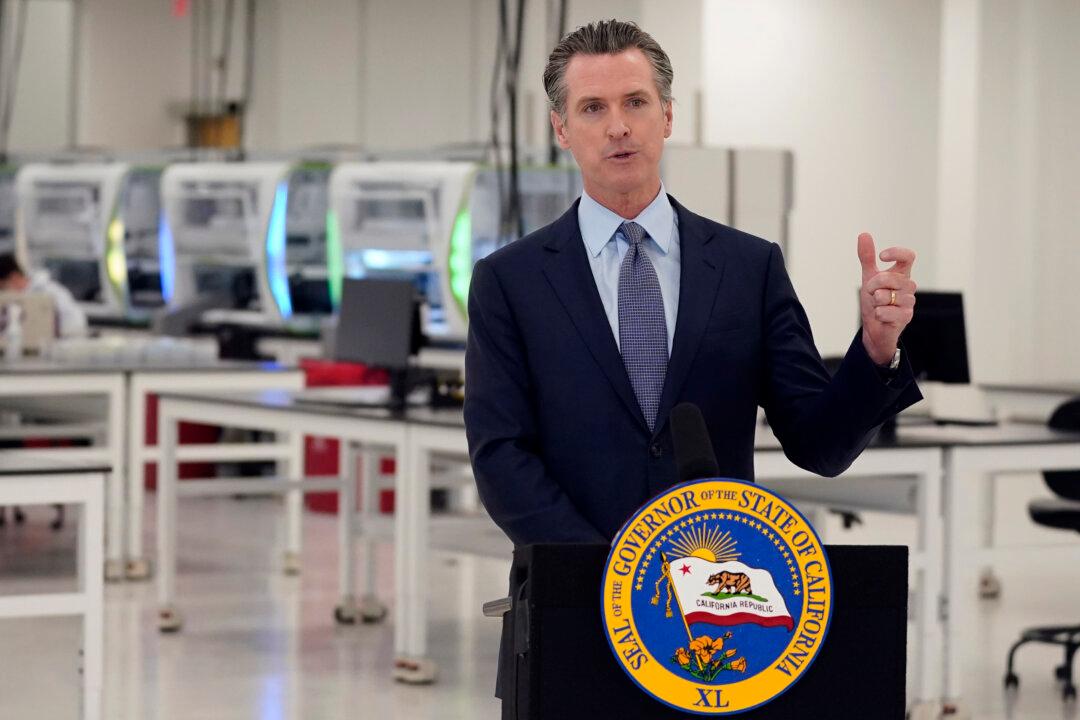Orange County leaders say they’re optimistic the recently-released draft budget will benefit local businesses and public schools.
“We think that this budget that the governor presented has a number of good things in there that are steps in the right direction of giving the mainstream mom-and-pop [shops] more hope and support that they desperately need,” John Kabateck, state director of the National Federation of Independent Business, told The Epoch Times on Jan. 11.





